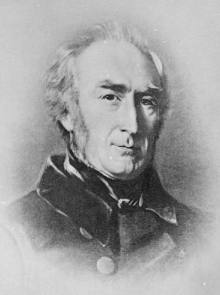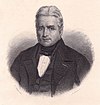
Ariste Jacques Trouvé-Chauvel was a French businessman, banker and politician. He was briefly Minister of Finance towards the end of 1848.
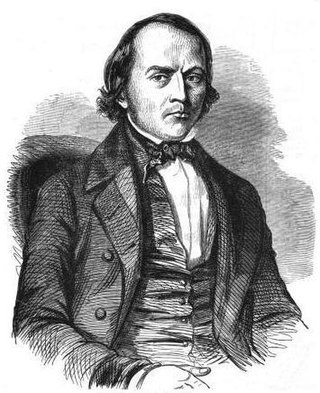
Alexandre François Auguste Vivien was a French lawyer and politician. He was Minister of Justice during the July Monarchy, and Minister of Public Works in the French Second Republic.

Alexandre Pierre Freslon was a French Lawyer who became a representative in the Constituent Assembly and Minister of Public Education and Religion in 1848.

Joseph Mérilhou was a French lawyer, magistrate and politician. He was Minister of Public Education and Religious Affairs, and then Minister of Justice in the Cabinet of Jacques Laffitte.

Félix Barthe was a French lawyer, Deputy, Minister of Public Education and then Minister of Justice. He was the first President of the Court of Accounts and became a Senator of the Second French Empire.

Louis Gaspard Amédée, baron Girod de l'Ain was a French lawyer and politician who became Minister of Public Education and Religious Affairs in 1832.
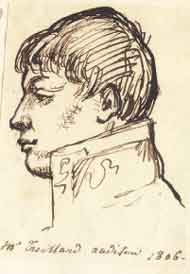
Achille Libéral, count Treilhard was a French lawyer and administrator. He was briefly Prefect of Police in Paris in 1830.

Privat Joseph Claramont, comte Pelet de la Lozère was a French administrator and politician. He served under the regime of Napoleon, and as a prefect under the Bourbon Restoration. He was a Deputy from 1827 until 1837, when he was made a Peer of France. He was Minister of Education in 1836 and Minister of Finance in 1840.
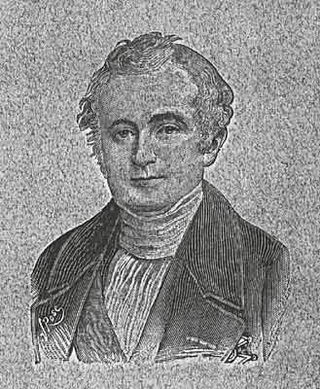
Nicolas Martin du Nord was a French magistrate and politician. He was Minister of Public Works, Agriculture and Commerce (1835–39) and Minister of Justice and Religious Affairs (1840–47).

Jean Lacave-Laplagne was a French magistrate and politician.

Jacques Joseph Guillaume François Pierre, comte de Corbière was a French lawyer who became Minister of the Interior. He was intolerant of liberalism and a strong supporter of the church.

Narcisse Parant was a French lawyer who was briefly Minister of Public Education in 1839.

Jean-Élie Gautier was a French politician who was briefly Minister of Finance in 1839.
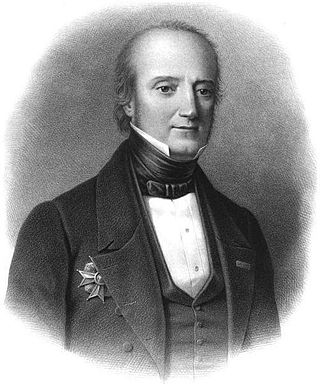
Jean Marguerite Tupinier was a French naval engineer and politician. In 1839 he was briefly Minister of Navy and Colonies.
Michel Pierre Alexis Hébert was a French lawyer, a deputy to the National Assembly from 1834 to 1848 and a Minister of Justice and Religious Affairs during the last year of the July Monarchy.

François Mauguin was a French lawyer and politician. He was a Deputy from 1827 to 1848 and a Representative in 1848 and 1849. He played a leading role in the July Revolution of 1830. At first a passionate liberal, he later became increasingly conservative.
Baron Auguste Jean Marie de Schonen was a French lawyer and politician. He was a deputy in the National Assembly, and played a leading role in the July Revolution of 1830. Later he became more conservative and was made a peer of France by King Louis Philippe.

Pierre-François Audry, called Audry de Puyraveau was a French politician. He was a deputy during the Bourbon Restoration. He played a key role in the July Revolution, and was a deputy during the July Monarchy. In his old age he was a Representative in the Constituent Assembly after the Revolution of 1848.

Guillaume-Xavier Labbey de Pompières was a French politician. He was a deputy in the Legislative Assembly from 1813 to 1815, a representative in the Chamber during the Hundred Days and a deputy from 1819 to 1831.

Jacques-Alphonse Mahul was a French columnist and politician. A liberal activist, he was affiliated with the Carbonari, and was imprisoned for some time at La Force Prison. He participated in the editing of many liberal newspapers such as the Revue encyclopédique.
